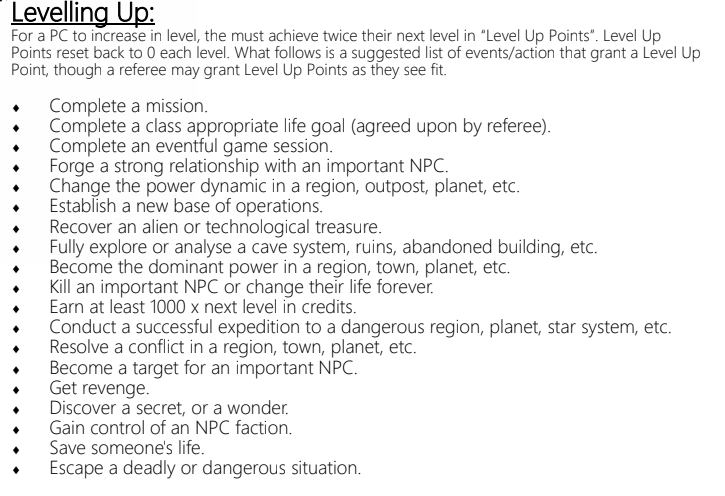So, I don’t know where the audience for this is! But I’ve always daydreamed about there being something like OSR but less necessarily dark and/or violent. I like cozy things! So, then that got me thinking about what OSR really means as a game in itself.
The thing that attracts me most to OSR, besides the rules-light party game feel, is how the story is emergent from the game. No one comes with the expectation of collaboratively writing a story or completing a story already set out for them: they’re in it 100% to play, and the story that comes out is the story of how you played and how you creatively beat challenges. This is totally diametric to story games where the game is the story, and maybe asymmetric with later DND where one is expected to engage in premade stories or give too much agency to predefined roles.
With that in mind, I’ve never seen an RPG with emergent gameplay that doesn’t basically revolve around smart looting: dungeoneering, space smuggling/adventuring, pirates, etc. I was thinking to myself how come despite the variety of settings, really all of these games are the same in principle? I think for one, it’s because OSR is a lot more board game adjacent then I’ve ever seen it identified as. All of these games operate by the same rules/etiquette and rely upon emergent storytelling rather than following a story. And that’s not to disparage OSR games, because they are fun in themselves! That’s why I’m here 
But, when it comes to creating different games from those OSR principles (rules-light, player skills, emergent stories), is it really OSR? Or, is OSR one category of mind-theater board gaming which has to do with dungeoneering and looting and so on? Can OSR encompass cozier stories, or is that entering weird eurogame or storygame territory depending on how the designer approaches it? Can OSR encompass intrigue games when XP is directly tied to gold? Maybe when the aim is to launder money, but what diegetic drive for character progression is there when money isn’t an object?
On a side, I’ve always thought of OSR as closer to party games like Mafia or Werewolf than to tactics RPGs or story RPGs. These are all like invisible board games (with the exception of miniatures or cards). Would delineating this get closer to the truth?

 I feel like also, they don’t only happen despite the rules, but that they’re almost like a necessary exception to the normal gameplay. The game rules necessitate a safe place to sell loot and hire people etc (besides the more cozy things, like talking to villagers and carousing and hanging out) and those things also provide a nice change of pace from usual. But, I don’t think a game could just be that in itself. The contrast between the opposite parts makes them appealing!
I feel like also, they don’t only happen despite the rules, but that they’re almost like a necessary exception to the normal gameplay. The game rules necessitate a safe place to sell loot and hire people etc (besides the more cozy things, like talking to villagers and carousing and hanging out) and those things also provide a nice change of pace from usual. But, I don’t think a game could just be that in itself. The contrast between the opposite parts makes them appealing!